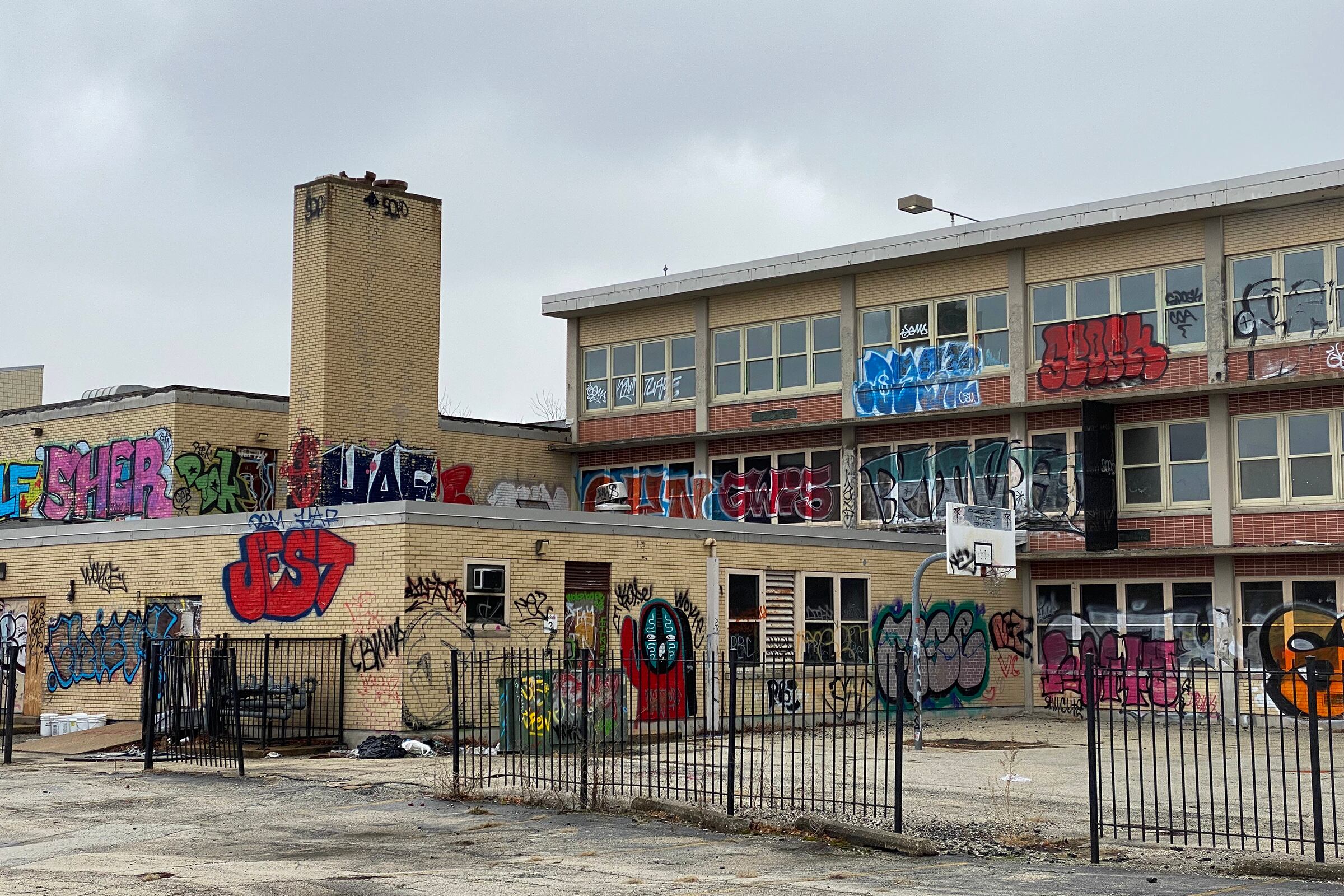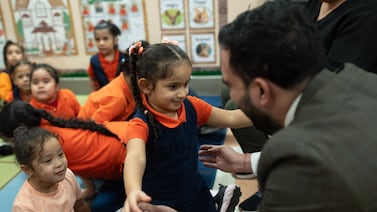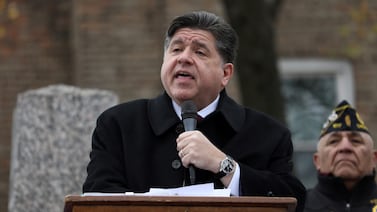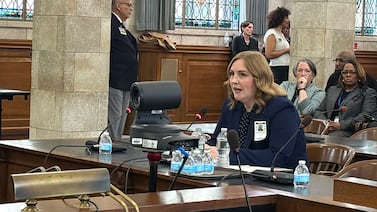It’s been 10 years since Chicago Public Schools closed 50 schools at once.
The youngest students at those schools would now be in high school. What happened to them after their schools closed?
The promise from district officials and then-Mayor Rahm Emanuel at the time was that students from the shuttered buildings would go to better schools with more resources. But the decision set off a mini-diaspora, with students enrolling at more than 280 different schools or leaving the city.
“The trauma that arose from the way in which those 50 schools were closed, still resonates today,” said outgoing Mayor Lori Lightfoot, whose administration did not close schools due to a moratorium on school closures that was extended and is now set to end in 2025. That’s also when Chicago will begin to transition to a 21-member elected school board.
The dramatic mass school closures of 2013 marked the unofficial end of an era in which the city’s school board annually voted to shut down schools and open new ones — an approach to school reform known as a portfolio model. But enrollment has continued to decline, leaving some shrinking schools struggling to provide a full academic experience.
How school closures are handled in the future will be decided by that board and the city’s next mayor Brandon Johnson, a Cook County Commissioner and Chicago Teachers Union organizer, who won in a runoff election with 52% of the vote.
With these seismic shifts on the horizon, Chalkbeat is looking back at the impact of the 2013 school closures and wants to hear from those impacted the most: students, staff, and families. Please share your experience using the form below.
Becky Vevea is the bureau chief for Chalkbeat Chicago. Contact Becky at bvevea@chalkbeat.org.





